In 1994, the Zapatista National Liberation Army, made up of impoverished Mayan Indians from the state of Chiapas, took over five towns and 500 ranches in southern Mexico. The government deployed its troops and at least 145 people died in the ensuing battle. Filmmaker Nettie Wild travelled to the country's jungle canyons to film the elusive and fragile life of this uprising.
Related Movies
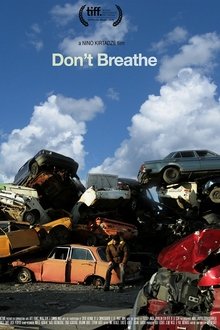
Don't Breathe (2014)
Don’t Breathe is a dark comedy set in Georgia that follows the tribulations of a middle-aged man, Levan, who is suddenly led to question his existence because of a routine medical examination. It sends him into a downward spiral of paranoia and doubt as he fumbles his way through the theatre of the absurd that we call life. Using humour and a playful tone, the film examines the fragility of human nature, when our bearings get lost and our imagination takes over, highlighting our common fears, doubts, hopes and resilience.
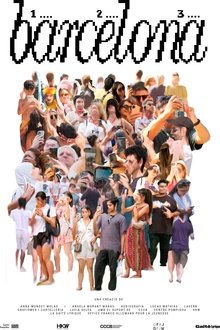
1,2,3... Barcelona! (2025)
Tourists eating and taking photos. Tourists strolling and taking photos. Tourists bathing on the beach and taking more photos. Barcelona has become an overexploited photocall to the point of paroxysm, and this is what this film shows by turning the camera and pointing towards the visitors. A small gesture that, added to a powerful sound contrast and a caustic sense of humour, exposes without subterfuge a grotesque normality.

The Horror of It All (1983)
A collection of film clips from horror movies and interviews with the actors and directors who made them.
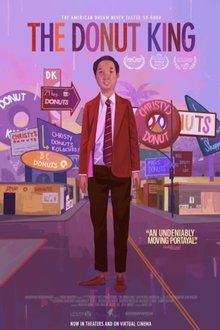
The Donut King (2020)
Cambodian refugee Ted Ngoy builds a multi-million dollar empire by baking America's favourite pastry: the doughnut.

Shadowlands (2016)
Shadowlands is an animated short film about darkness that won't let go. About the constant fear that something terrible might happen. It describes a journey into the inner world and psyche of a young person in distress, a world far from "normal".

Tango Macbeth (2012)
Shakespeare, dance and world music! A theater company rehearses Macbeth. A film crew documents their every move. The drama of the play interweaves with the drama of the making of the film. It's unlike any version of Macbeth you have ever seen.

Women Aren't Funny (2014)
Comedian Bonnie McFarlane dons her investigative journalist's hat to find out once and for all if women are funny and report her unbiased findings in what some are calling the most important documentary of our generation.

Beyond the Summit: Learning to Fly (2011)
In some of the most extraordinary natural landscapes in Mexico, a group of mountaineers have set out to explore a world labeled as impossible, but from a space reserved only for birds.
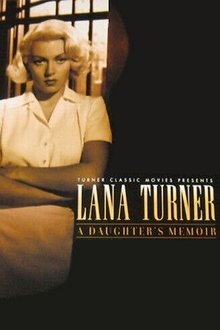
Lana Turner... a Daughter's Memoir (2001)
A rare behind the scenes look at the tragedies and bitter disappointments that plagued one of MGM's most popular leading ladies

1991: The Year Punk Broke (1992)
David Markey's documentary of life on the road with Sonic Youth and Nirvana during their tour of Europe in late 1991. Also featuring live performances by Dinosaur Jr, Babes in Toyland, The Ramones and Gumball.
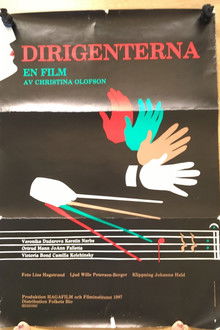
Dirigenterna (1987)
Six women have entered a male world - the orchestra conductors. The doubtfulness against female conductors and musicians in the world of classical music becomes clear during a visit to the Vienna Philharmonic. Conductors Sixten Ehrling and Jorge Mester comment on the prevailing conservative attitudes among colleagues.
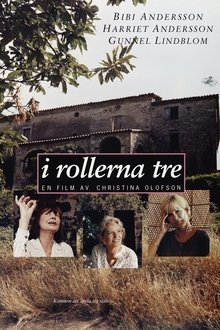
Lines from the Heart (1996)
The trio of actresses have ostensibly gathered to pay tribute to Mai Zetterling, but also reminisce about their own careers and the illustrious figures, including Ingmar Bergman, they have worked with.
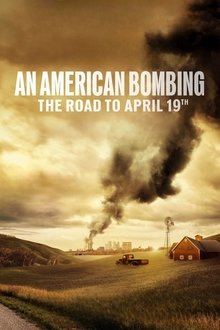
An American Bombing: The Road to April 19th (2024)
This documentary looks at the surge in political violence through the story of the 1995 Oklahoma City bombing, showing the roots of anti-government sentiment and its reverberations today, along with the emotionally charged warnings of those who suffered tragic losses in the deadliest homegrown attack in U.S. history.

God's Girls (1992)
God's Girls describes life in a Sisters of Mercy convent in country New South Wales from the 1940's to present day. This courageous and clever film investigates the subtle complexities of change within a society that has been surrounded by mystery for hundreds of years. The stories from the women in the film reflect the often intricate paths of social, political and religious history, not only in Australia but also in the rest of the world.

Pump (2014)
PUMP is a documentary that tells the story of America’s addiction to oil, from its corporate conspiracy beginnings to its current monopoly today, and explains clearly and simply how we can end it — and finally win choice at the pump. Today, oil is our only option for transportation-fuel at the pump. Our exclusive use of it has drained our wallets, increased air pollution and sent our sons and daughters to war in faraway lands. PUMP shows how, through the use of a variety of replacement fuels, we will be able to fill up our cars — cheaper, cleaner and American made — and in the process create more jobs for a stronger, healthier economy. Narrated by Jason Bateman and featuring notable experts such as John Hofmeister former President of Shell Oil, and Elon Musk, the CEO of Tesla Motors, PUMP will forever change the way you think about your car — and the fuel that powers it.
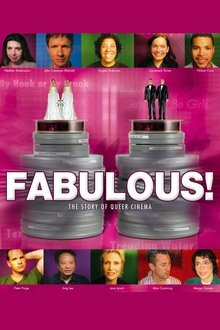
Fabulous! The Story of Queer Cinema (2006)
A chronological look at films by, for, or about gays and lesbians in the United States, from 1947 to 2005, Kenneth Anger's "Fireworks" to "Brokeback Mountain". Talking heads, anchored by critic and scholar B. Ruby Rich, are interspersed with an advancing timeline and with clips from two dozen films. The narrative groups the pictures around various firsts, movements, and triumphs: experimental films, indie films, sex on screen, outlaw culture and bad guys, lesbian lovers, films about AIDS and dying, emergence of romantic comedy, transgender films, films about diversity and various cultures, documentaries and then mainstream Hollywood drama. What might come next?
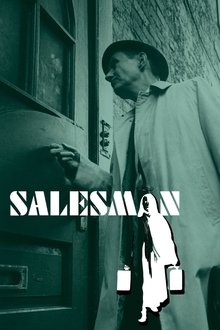
Salesman (1969)
This documentary from Albert and David Maysles follows the bitter rivalry of four door-to-door salesmen working for the Mid-American Bible Company: Paul "The Badger" Brennan, Charles "The Gipper" McDevitt, James "The Rabbit" Baker and Raymond "The Bull" Martos. Times are tough for this hard-living quartet, who spend their days traveling through small-town America, trying their best to peddle gold-leaf Bibles to an apathetic crowd of lower-middle-class housewives and elderly couples.
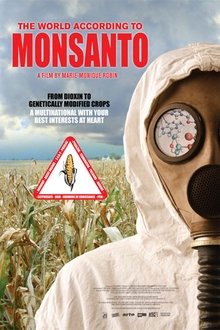
The World According to Monsanto (2008)
Monsanto is the world leader in genetically modified organisms (GMOs), as well as one of the most controversial corporations in industrial history. This century-old empire has created some of the most toxic products ever sold, including polychlorinated biphenyls (PCBs) and the herbicide Agent Orange. Based on a painstaking investigation, The World According to Monsanto puts together the pieces of the company’s history, calling on hitherto unpublished documents and numerous first-hand accounts.
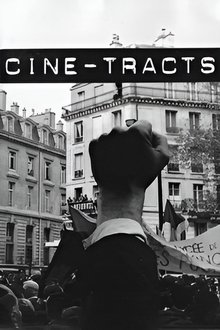
Cinétracts (1968)
A series of 43 documentary shorts, directed (without credit) by several famous French filmmakers and each running between two and four minutes. Each "tract" espouses a leftist political viewpoint through the filmed depiction of real-life events, including workers' strikes and the events of Paris in May '68.

Celebration at Big Sur (1971)
Star-studded show recorded at the Big Sur Folk Festival, Big Sur, California, September 13th and 14th, 1969. Joan Baez, Crosby, Stills, Nash & Young, Joni Mitchell, John Sebastian, and others. This film captures a remarkable moment in folk, rock, and pop history - the famous folk festival that brought traditional acts like Dorothy Morrison & The Combs Sisters and Carol Ann Cisneros together with the psychedelic rockers of the day who were most deeply rooted in the folk revival. Older songs like ‘Oh Happy Day,’ ‘Rise And Shine,’ ‘All God’s Children,’ and ‘Swing Down, Sweet Chariot’ meet Joni Mitchell’s ‘Woodstock,’ Joan Baez’s ‘Sweet Sir Galahad,’ ‘Bob Dylan’s ‘I Shall Be Released,’ CSNY’s ‘Down By The River,’ and many more of the now-classic songs of what was then called the ‘new rock.’ The scene is notably intimate and - aside from one fan’s dustup with Stephen Stills - mellow, with many rare, close-up moments with the stars.